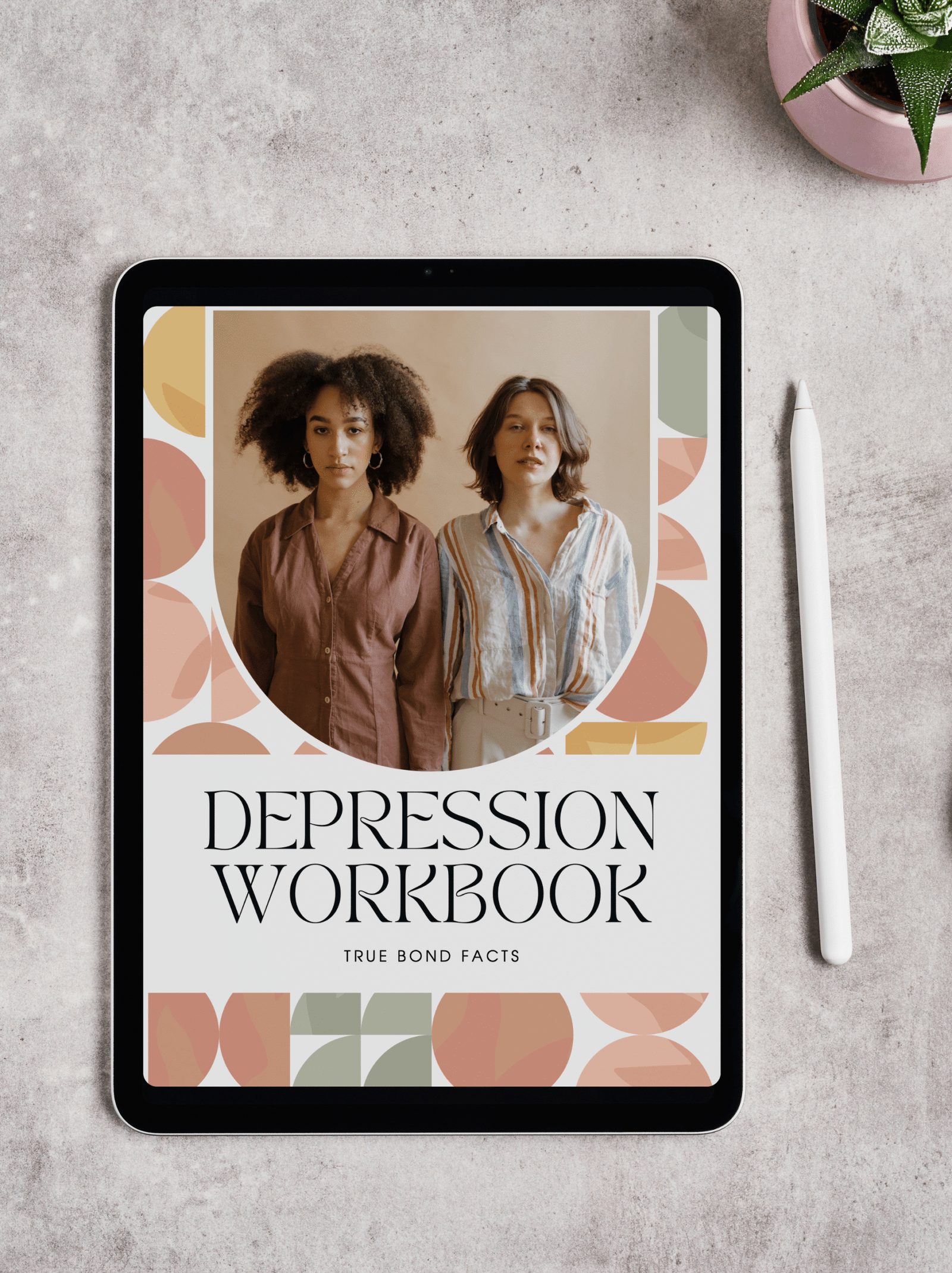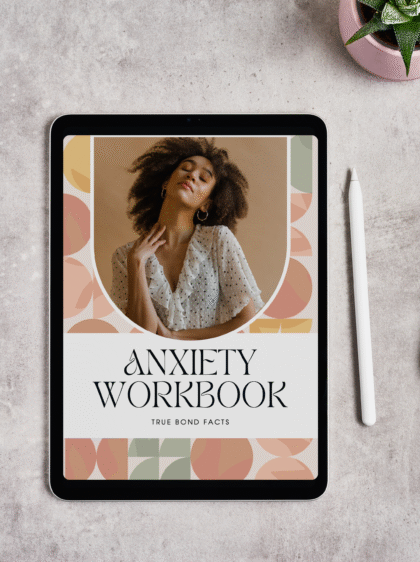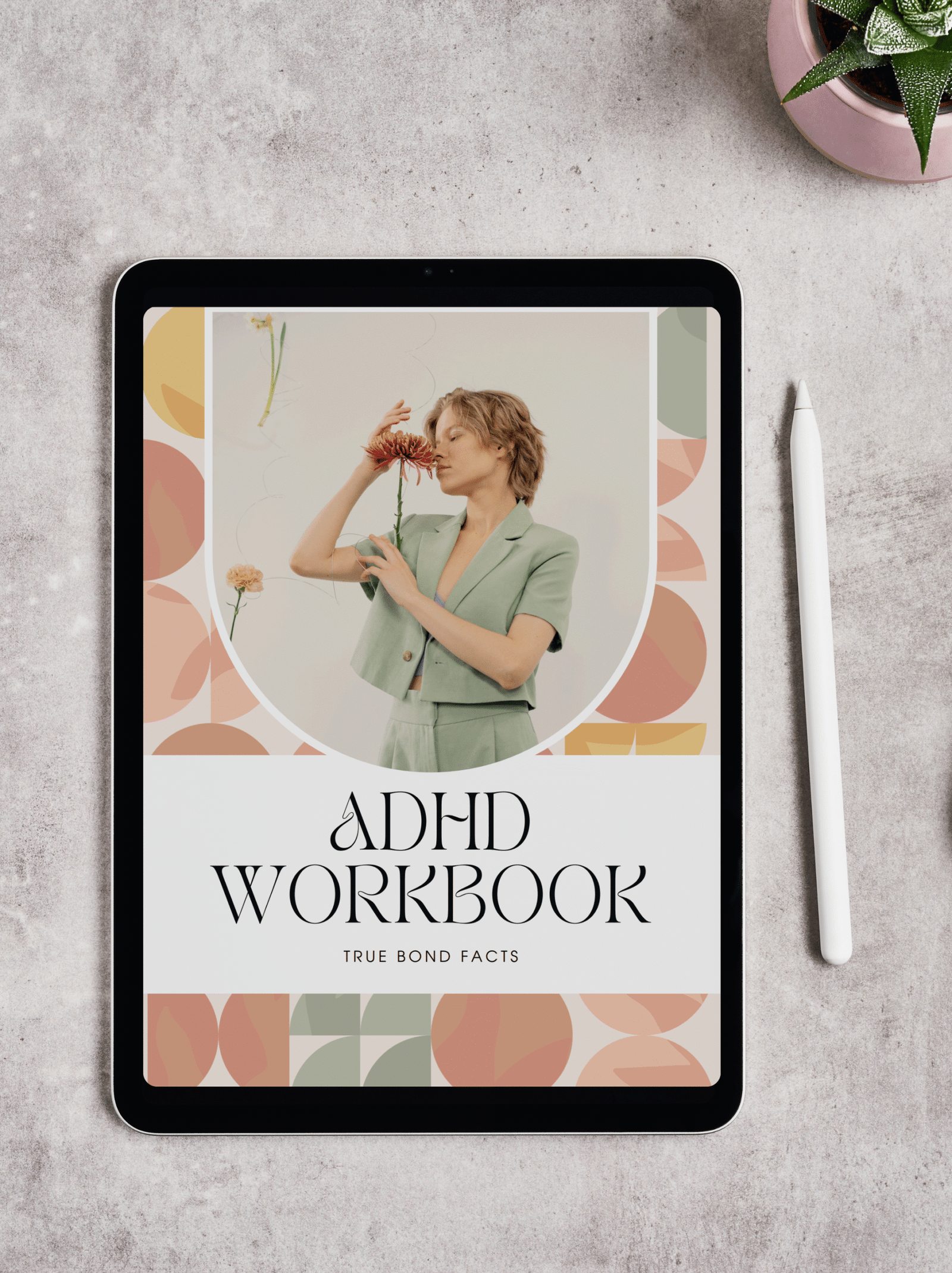Toxic to yourself is a blunt phrase, but it describes something common: patterns that drain your energy, confidence, and relationships. Below you’ll find what “toxic to yourself” means, the 15 signs people notice most, and simple ways to start changing them—at a pace that respects your nervous system.
What does “toxic to yourself” mean?
Being toxic to yourself means repeating thoughts or behaviors that harm your wellbeing—like harsh self-talk, overcommitting, or ignoring your needs. Naming the pattern helps you swap judgment for skills.
15 signs you’re being toxic to yourself (and fixes)
1) Ignoring self-care
Fix: Schedule one non-negotiable (walk, stretch, snack, water) at the same time daily.
2) Negative self-talk
Fix: Write the thought → ask “Is this 100% true?” → replace with a balanced statement.
3) Perfectionism
Fix: Set a “good enough” target and a timer (20–30 min); ship version 1, improve later.
4) Self-neglect to please others
Fix: One clear boundary: “I can do X, but not Y.” Practice saying it out loud.
5) Constant comparison
Fix: Mute triggers for 7 days; list 3 things you’re building that aren’t visible yet.
6) People-pleasing
Fix: Try the 24-hour pause: “Let me check and get back to you tomorrow.”
7) Overworking
Fix: End-of-day “done list.” Close laptop after 3 items you’re proud of.
8) Chronic self-doubt
Fix: Keep a wins log; reread before decisions to calibrate confidence.
9) Low self-compassion
Fix: Ask: “What would I say to a friend?” Write that to yourself verbatim.
10) Keeping toxic people close
Fix: Reduce contact frequency/length; add one supportive person to your week.
11) Ignoring mental health
Fix: Book a consult with a qualified professional; treat feelings like signals, not failures.
12) Fear of failure
Fix: Reframe as data: test → note what worked → tiny tweak → retest.
13) Holding grudges
Fix: Try a written release: “I release the expectation that X should have been different.”
14) Skipping celebrations
Fix: Celebrate micro-wins weekly (message a friend, take a walk, favorite snack).
15) Self-isolation
Fix: Schedule one low-pressure touchpoint (text, coffee, class) this week.
Want structured, printable pages to practice these skills? Try our Anxiety Workbook or Circle of Control Worksheets to turn insight into action.
When to seek extra support
If patterns feel stuck, affect sleep or safety, or you’re worried about harm, reach out to a qualified clinician or local services. If you’re in immediate danger, contact emergency services in your area.
Helpful resources
- APA: Self-Compassion
- NIMH: Mental Health Information
- Printable Worksheets for routines, reflection, and coping skills








The pointe was fantastic